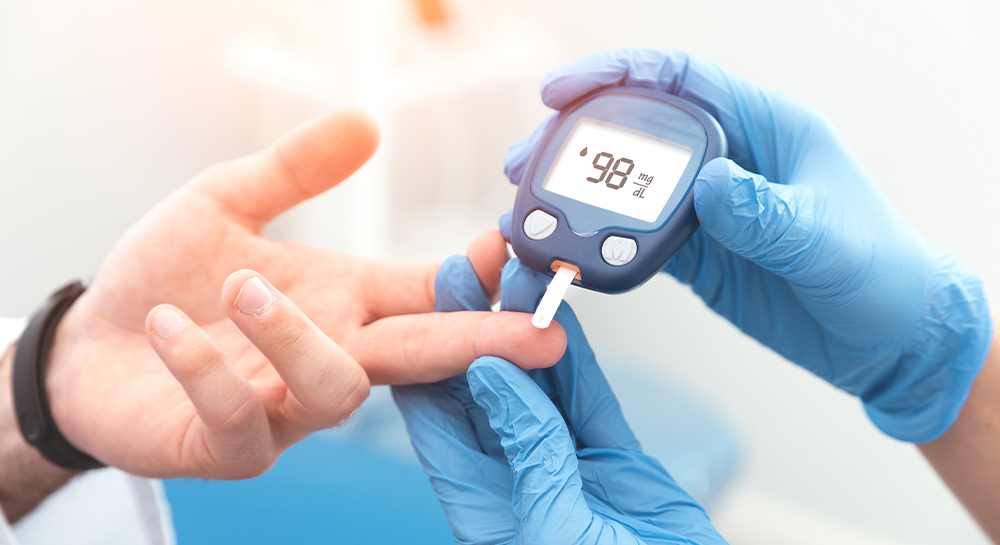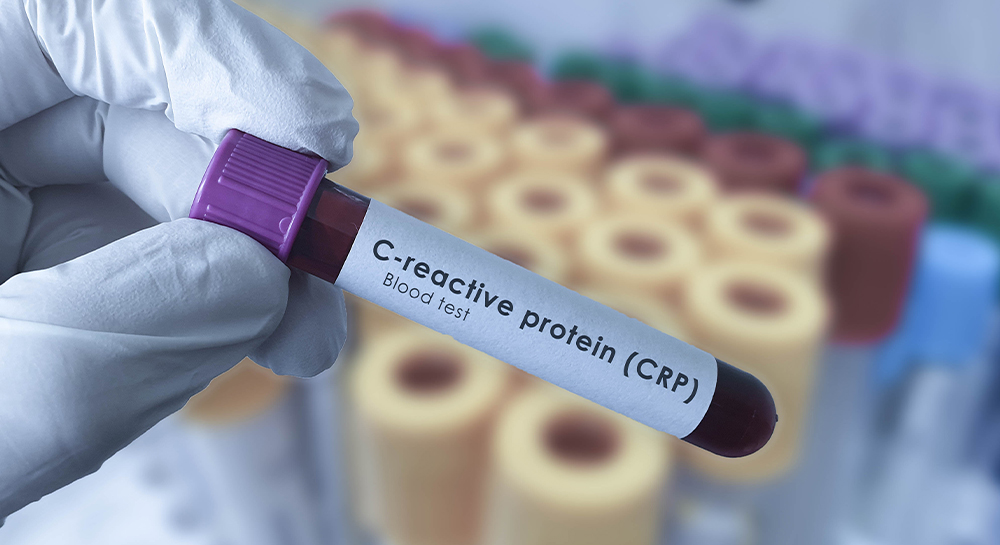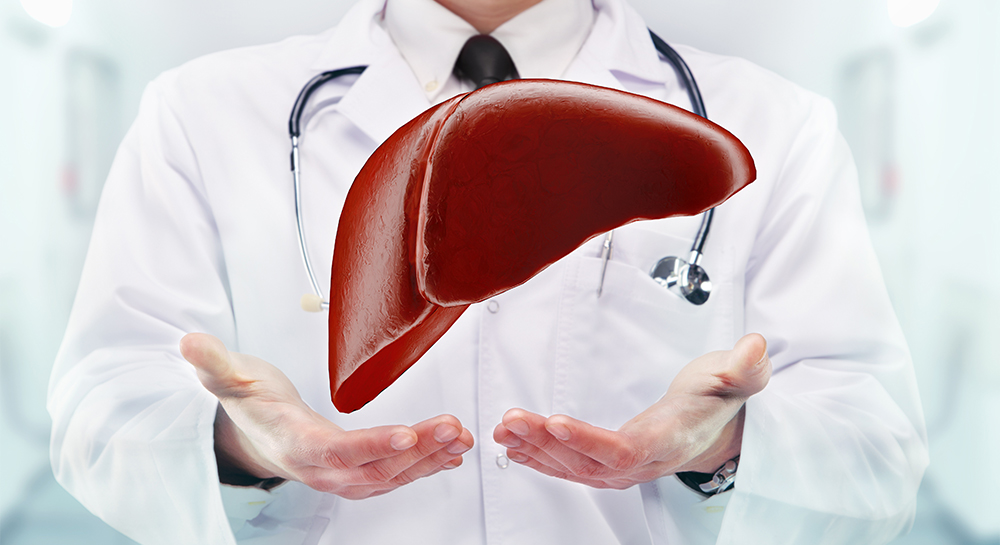
Blood Tests for Diabetes: What Early Detection & Monitoring Reveal
The number of cases of type 2 diabetes is continuing to increase in the UK, and many people simply do not know they have it, until it is too obvious to overlook. Type 2 diabetes, can develop without any apparent symptoms, which makes the early diagnosis of type 2 diabetes essential so appropriate treatment can be initiated. Blood tests for diabetes can identify elevated blood glucose levels before complications arise, allowing an individual to better manage their health.
The Significance of Diabetes Screening
More than 4.3 million people are living with Type 2 diabetes in the UK, and this score is increasing steadily. The challenge is that early symptoms (for example, increased thirst, urinating frequently or fatigue) are often vague or misattributed for other problems.
Regular blood testing, can help in identifying elevated blood sugar levels before complications arise, for instance, kidney disease, cardiovascular disease or nerve damage. If you have risk factors (like overweight, family history, or high blood pressure) or if you are just trying to be proactive with your health, it is important to know when and how to test.
Common Blood Tests in the Diagnosis of Diabetes
HbA1c – The Gold Standard for Long-Term Glucose Management
HbA1c indicates your average blood sugar over the last 2 to 3 months and is the most conventional test for diagnosing diabetes and monitoring ongoing control. A result of 48 mmol/mol or above is a positive finding for diabetes or being prediabetic. On the other hand, a result between 42 and 47 mmol/mol points to prediabetes.
Fasting Blood Glucose – What is it used for?
With the fasting glucose blood test, blood sugar levels are assessed after fasting for 8 to 10 hours. Fasting blood glucose is often used in conjunction with the HbA1c blood test to confirm a diagnosis of diabetes. A fasting blood glucose level equal to or greater than 7.0 mmol/L generally indicates diabetes.
Monitor Your Blood Sugar with a Glucose Test
Detect potential issues early and take control of your health—book your glucose blood test today.
Oral Glucose Tolerance Test (OGTT)
The oral glucose tolerance test identifies how the body handles glucose over time. After drinking a sweet and sugary solution, blood sugar levels are measured after a period of time. This test is useful in diagnosis of gestational diabetes and identifies glucose tolerance levels.
Random Blood Sugar Test and When to use this?
Random blood sugar tests allow blood sugar testing at any point of time during the day and are useful if you exhibit symptoms. If the result of random blood sugar test is 11.1 mol/L or higher alongside symptoms, then it would indicate further need of testing for diabetes.
What do my blood test results mean?
Diagnostic Level for Prediabetes and Diabetes
- Normal HbA1c: Below 42 mmol/mol
- Prediabetes: 42-47 mmol/mol
- Diabetes: equal to or greater than 48 mmol/mol
Similar with other thresholds for fasting glucose, test results between 5.5 and 6.9 mmol/L indicate increased risk.
What is a ‘Normal’ HbA1c or Glucose Level?
For most individuals, HbA1c levels below 42 mmol/mol and fasting glucose levels below 5.5 mmol/L is considered optimal. Your GP will review your levels alongside your symptoms and medical history.
How Age, Weight and Health Conditions Impact Your Results
There are other aspects that can influence blood test results such as age, body mass and pre-existing health conditions like kidney disease and anaemia, which is why context matters for health assessments. One reading is not enough to tell the entire story.
Looking After Your Health after Diagnosis
How frequently do you need the test?
Individuals with type 2 diabetes must get HbA1c tests in every 3 to 6 months. How often you require the testing basically depends on your individual circumstances. These include the extent of your blood sugar control or any alterations with your ongoing medications.
Keep Up with Trends alongside Your Isolated Readings
Rather than just depending on your isolated readings of blood sugar control, you can keep exploring trends and patterns which can leverage you long term health benefits. It allows you to assess the effectiveness of your treatment course as well.
Medications and Lifestyle Adjustments
Several factors like medication, lifestyle and dietary habits or exercise impact your blood test results at the end of the day. So working on these areas allows your healthcare provider to tailor a personalised treatment plan specifically for your health needs.
Affordable Private Blood Tests in London
Quality healthcare doesn’t have to be expensive—explore our low-cost blood test packages now.
Additional Blood Tests You May Have
Cholesterol and Lipid Profiles
Because of the increased chance of developing heart disease in diabetes, your GP will conduct routine lipid profiles and cholesterol checks. As part of this monitoring, GPs will look at your LDL, HDL and triglycerides levels to look at possible prevention strategies.
Kidney Function Tests (eGFR, U&E)
Diabetes is a major cause of kidney damage. Kidney function tests look at urea, creatinine and electrolytes and process the estimated glomerular filtration rate (eGFR) for checks on kidney function.
Liver Function Tests – Especially if You Are On Medication
Certain diabetes medications can impact liver function, which is why your healthcare provider regularly monitors your liver enzymes through routine liver function testing to help keep your treatment safe in the long run.
Tips to Get the Correct Readings on Blood Tests
When to fast (and when you don’t fast)
If your GP ordered a fasting glucose or lipid test, you should follow the fasting orders carefully – usually this means avoiding eating and drinking (except water) for 8 to 10 hours from before the test.
Managing Stress, Sleep and Food prior to your blood test
Poor sleep quality, elevated stress or heavy meals from the previous night can impact your blood glucose levels. Have a restful sleep ideally and calm morning leading up to your blood test.
Keeping a Record of Medications, Herbal Remedies and Supplements
It is a good idea to take a list of all medications, supplements and herbal remedies you are taking to your appointment. This will help your healthcare provider interpret your test readings more accurately, particularly if you are on steroids, statins or herbal remedies.
Stay Informed, Stay Empowered
When you truly understand your blood test for diabetes, you are significantly in a better position to feel in control with your healthcare outcomes. Fortunately, there are many useful tools to maintain tracking information, for example –digital health apps, home glucose monitors or home blood glucose tests, etc. With the right skill and support, managing and being on top of your diabetes care can be seen as a part of your overall wellbeing.
If you want to get private blood tests for diabetes in London, contact our clinic to get tested with our expert professionals.
Private Blood Tests for Diabetes in London/h2>
Detect early signs of diabetes and monitor your blood sugar levels—book your private test today.





